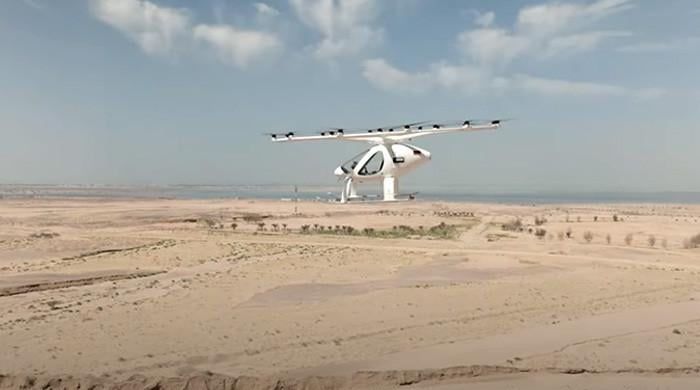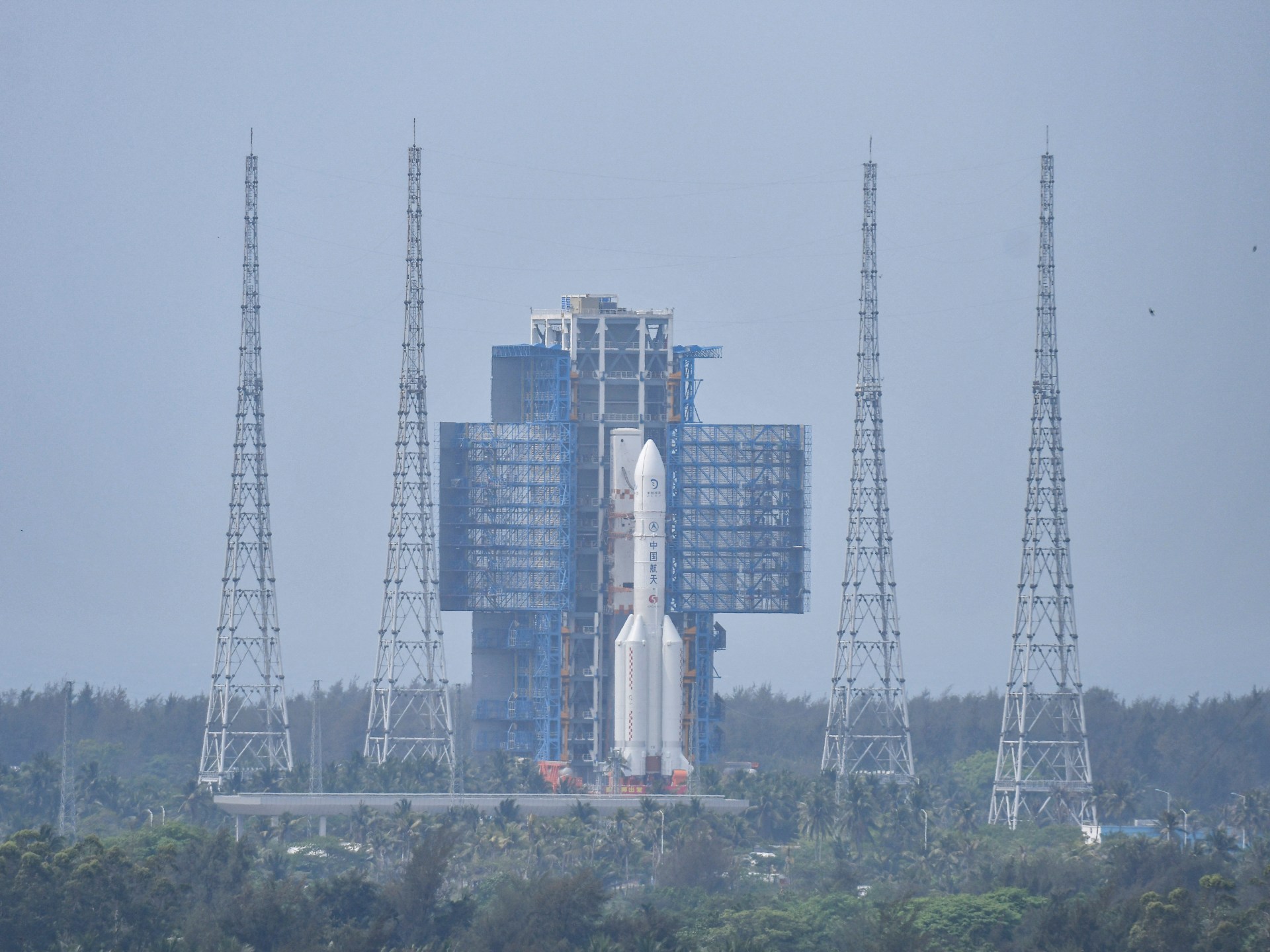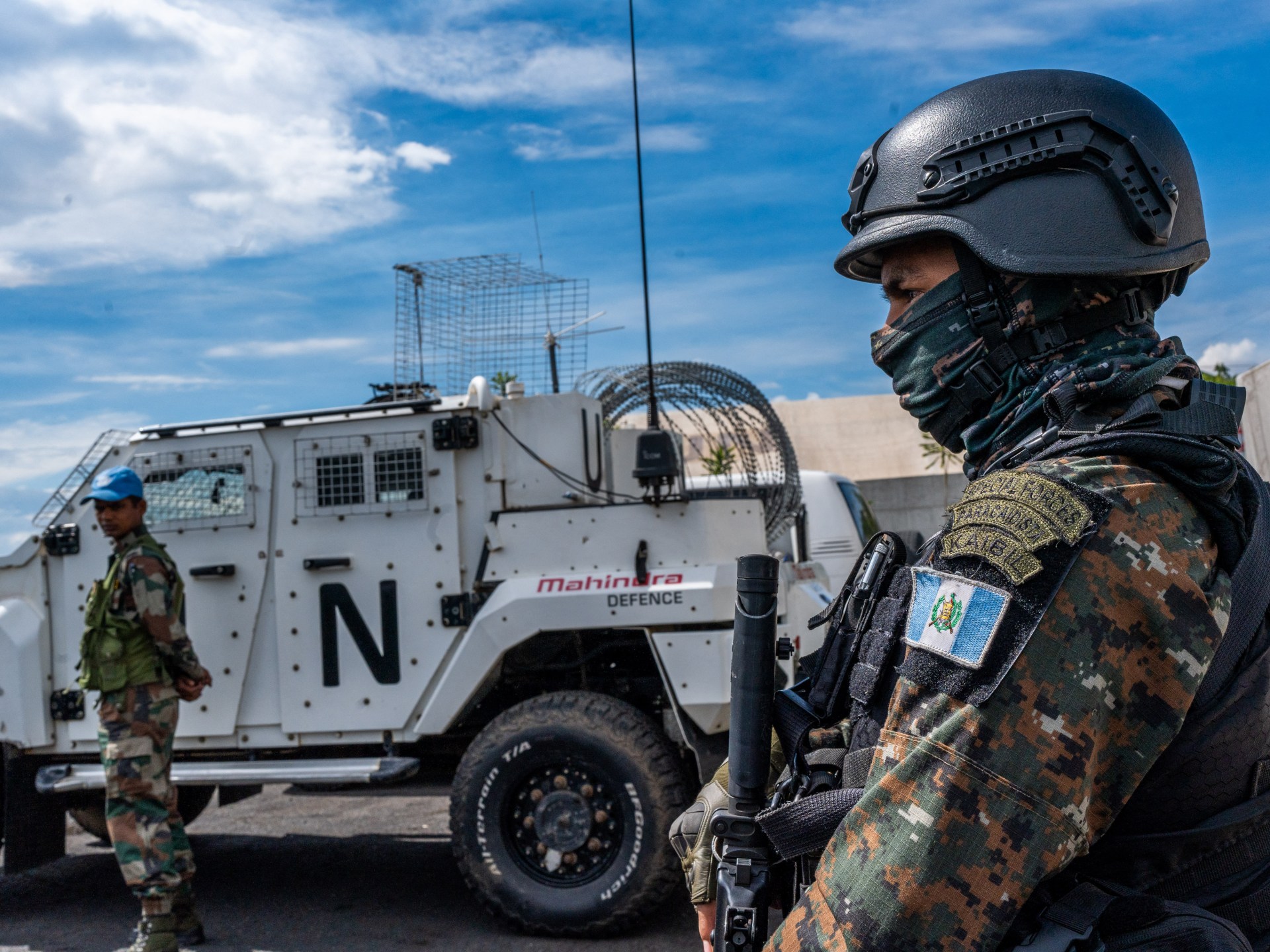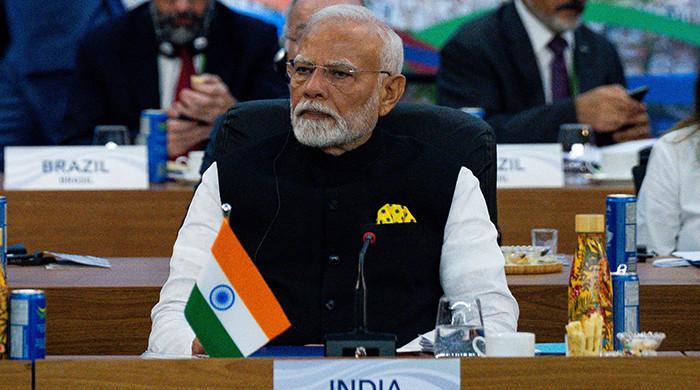Pakistan praises extended attention of Saudi authorities and use of modern technologies for convenience of pilgrims
Hajj pilgrims will see the use of modern technologies and innovative solutions in Saudi Arabia, which plans to test flying taxis and drones for smoother and safer travel for Muslim visitors from around the world this season.
Saudi Arabia's Minister of Transport and Logistics Services Saleh al-Jasser said: “Flying taxis and drones will undergo testing during this year's Hajj season to ensure smooth operations and provide our guests with maximum comfort during your stay here.”
In an interview with Al Arabiya, a state-owned international Arabic news television channel, Saleh announced the use of flying taxis and drones. He said there was intense competition between various transport companies “to offer a practical product in the coming years”.
He stressed that the authorities were carefully reviewing their integration as a permanent aspect of future facilitation initiatives.
As this sector undergoes gradual expansion, the minister said, it is vital that the ministry introduces these new technologies and determines the optimal method for their incorporation, for the benefit of pilgrims.
“Indeed, it is essential that we take the lead and ensure that we fully harness the potential of these innovative services and that the Hajj season reaps the maximum benefits from them,” the minister stressed.
Pakistani Religious Ministry Spokesperson Muhammad Umar praised the Saudi authorities for the initiative, saying: “Saudi Arabia's commitment to modernizing the pilgrimage experience through innovative technology demonstrates its dedication to ensuring the comfort and convenience of the pilgrims”.
“I have witnessed firsthand the dedication and efforts of the Saudi government to facilitate the holy journey of millions of pilgrims.
“Through initiatives such as Hajj Portal and nusuk application, introduced especially after the challenges posed by the COVID-19 pandemic, the Saudi government has shown a commitment to modernize and streamline the pilgrimage experience,” he added.
He said Saudi proactive measures, including the pre-booking of Riazal Jannah, the implementation of biometric e-visas and the development of a virtual Hajj application, reflected its dedication to ensuring the comfort and convenience of pilgrims.
The Pakistani official further stated that the two sides could work to make the Hajj journey a truly transformative and spiritually fulfilling experience for all who embark on this sacred pilgrimage, through collaborative efforts and a shared commitment to serving the pilgrims. .
The Hajj, one of the five pillars of Islam, is the annual pilgrimage to the holy city of Mecca in Saudi Arabia.
As usually happens between the 8th and 13th of Dhu al-Hijjah, millions of Muslims from around the world converge on Mecca to fulfill this sacred obligation.
This year, the scheduled start of the Hajj season is June 14. Beyond the Hajj pilgrimage, pilgrims frequently visit holy sites in Saudi Arabia throughout the year, particularly in large numbers during the revered month of Ramadan, for Umrah and are provided maximum facilitation by Saudi authorities.












